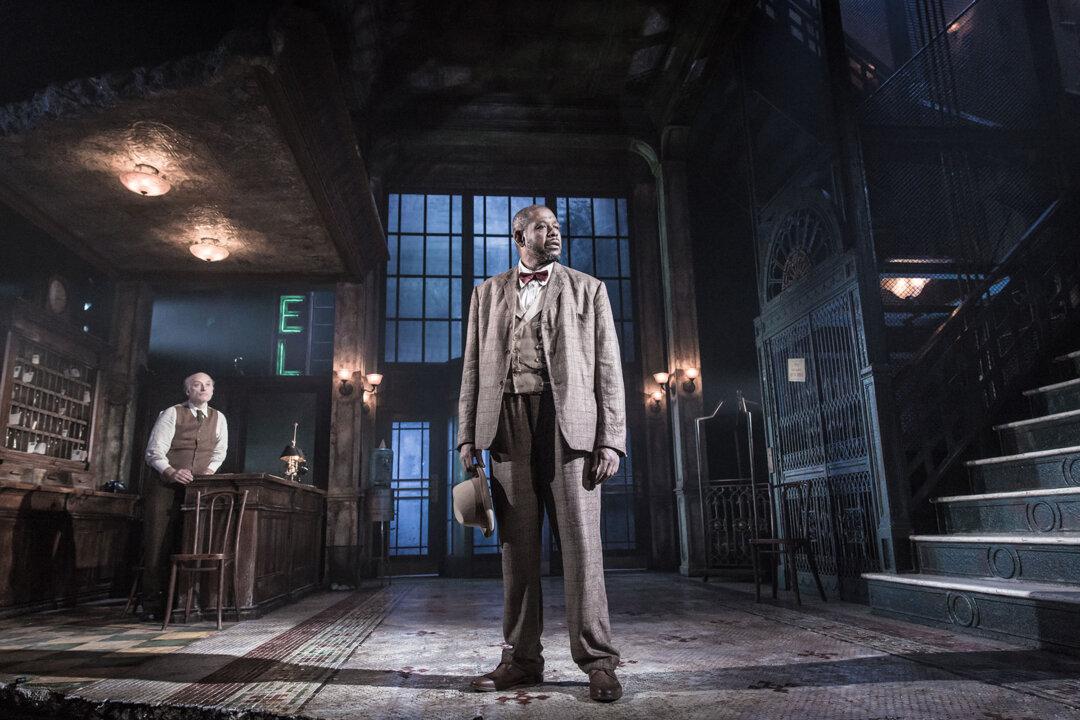NEW YORK—Some people need an audience to be happy, even if it is an audience of one. That one person can become a combination support system, sounding board, and rapt listener, who is someone to regale with tales about the money you’ve won, the places you’ve been, and the companions you’ve enjoyed.
So it is in Eugene O'Neill ’s dramatic one-act work “Hughie,” first performed on Broadway in 1964. Academy Award-winner Forest Whitaker stars in the current revival, making his Broadway debut.
Whitaker shows Erie to be a loser, who would do anything rather than face the truth of who he is.





